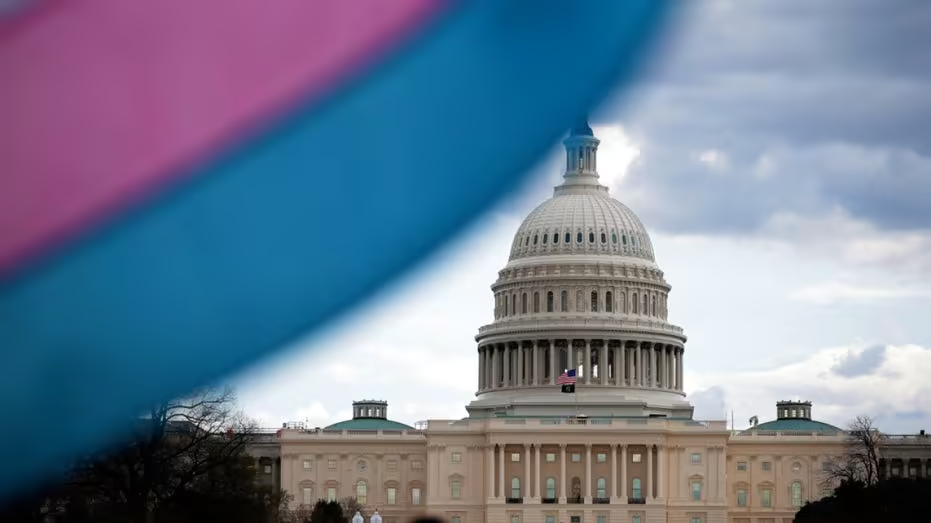Transgender Plaintiffs Contest Idaho’s Bathroom Legislation
A new legal challenge has emerged against Idaho’s H.B. 264, a law designed to restrict transgender individuals from using women’s restrooms. The legislation, introduced to safeguard the “privacy of women” in public spaces, is being contested by two transgender plaintiffs, Atlas Jones and Sophie Smith (a pseudonym). They argue that the law could lead to increased harassment and discrimination against them.
Concerns Over Harassment and Safety
Atlas Jones, who identifies and lives as a man, has been using men’s restrooms at Boise State University without any issues. He has undergone medical treatments, including hormone therapy, to align his physical appearance with his gender identity. The complaint highlights that forcing Atlas to use women’s restrooms could expose him to potential harassment and violence, as onlookers might perceive him as a man intruding into women’s spaces.
Impact on Transgender Students’ Well-being
The plaintiffs express concerns about the limited availability of single-use bathrooms and the stigma associated with using them. They fear that avoiding restroom use altogether could pose health risks. The complaint emphasizes that neither Boise State University nor the University of Idaho has previously enforced a ban on transgender individuals using restrooms aligning with their gender identity. This practice has allowed transgender students to pursue their education without facing discrimination or harassment.
Public Support and Opposition
The bill has received backing from political figures who argue it protects women’s privacy and safety. Alliance Defending Freedom Legal Counsel Sara Beth Nolan supports the legislation, stating it prevents men from accessing women’s spaces in educational institutions and shelters. State Rep. Barbara Ehardt, the bill’s sponsor, defended the law on social media, comparing it to previous legislation upheld by the Ninth Circuit.
Broader Implications
The lawsuit reflects broader national debates over transgender rights and access to gender-specific spaces. President Donald Trump has criticized policies allowing transgender individuals access to women’s spaces, arguing they undermine biological distinctions between sexes. The outcome of this legal challenge could have significant implications for similar laws across the United States.
